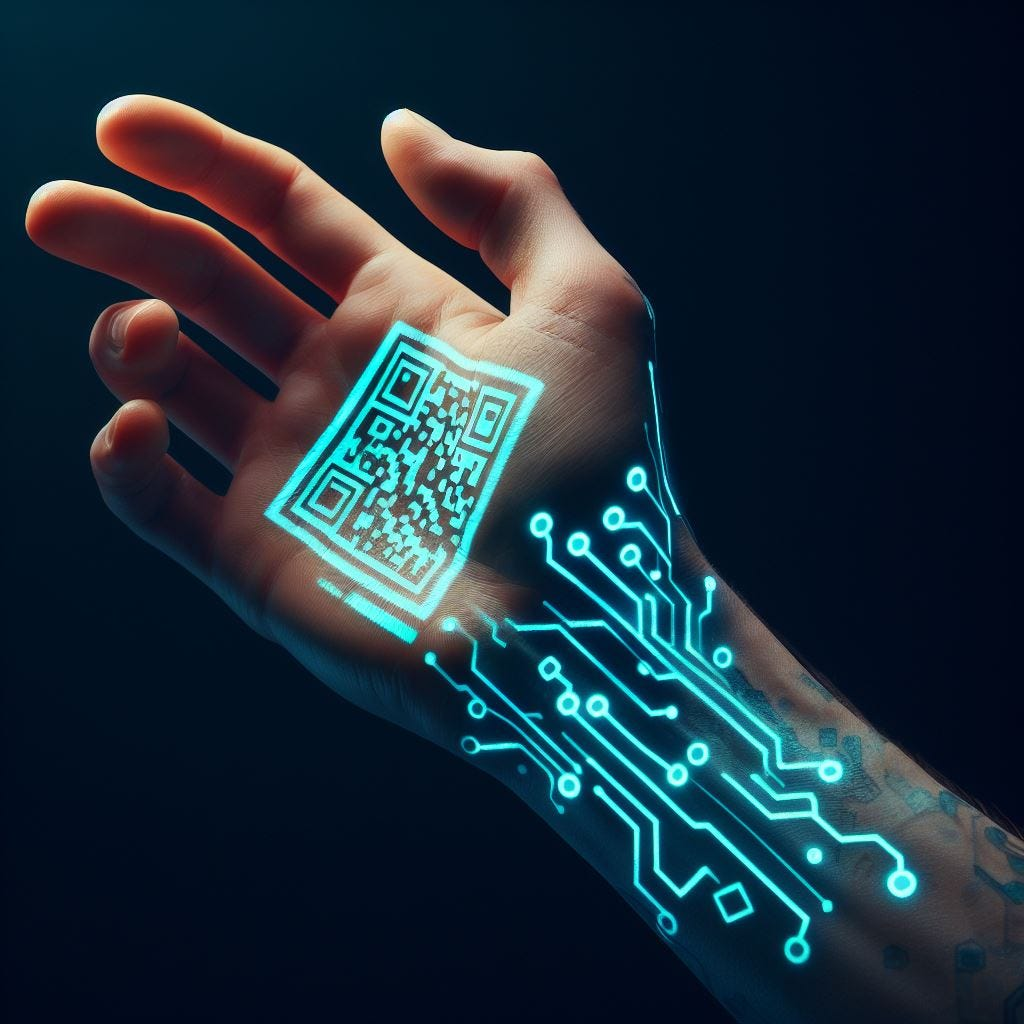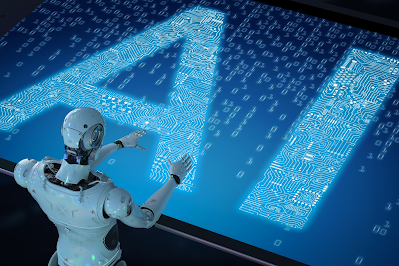Wednesday, December 4, 2024
Final Blog Prompt
AntiWar
Are Strong AntiWar Voices Silenced?
Friday, November 22, 2024
Privacy in the Digital Age
My Digital Tattoo
Thursday, November 14, 2024
False Flag
False Flag Operations
Polish soldiers, this series of events would justify Hitler's planned invasion of Poland. It was no secret that Hitler was running various forms of propaganda that reflected Polish people in a negative light. In fact, Hitler himself said "I will provide a propagandistic casus belli. Its credibility doesn't matter. The victor will not be asked whether or not he told the truth." But on the night of August 31st is when it truly came to light, with the Glewitz Incident. This involved a group of German soldiers dressing up as Polish ones and sending a message out in Polish from the Gliwice Radio Tower, that painted Germans in a negative manner. This in combination with a few lesser known false flags allowed for Hitler to deliver a speech on September 1st that justified the government's attitude and actions towards Poland.
Operation Northwoods, planned in 1960 was designed by the U.S government to encourage citizens support for a war with Cuba. Potential plans included the bombing of U.S ships and planned terrorist attacks on U.S cities. The concerning part is that military leaders supported this plan and presented it to the Kennedy administration, but it was rejected. However, Operation Northwoods was not public knowledge until 40 years after its planning because it was embarrassing to the Joint Chief of Staff.
EOTC Timeline Reax 2
Deepfakes
Sunday, November 10, 2024
EOTC Timeline Reax
Evolution of Communication Timeline
So, here are the top five interesting facts that I learned about Facebook and Instagram (with some personal commentary sprinkled in):
(1) Facebook was created 20 years ago, in 2005, and originally named FaceSmash. I find it quite interesting that the social media platform underwent a name change in such a short span into its career. It reminds me of Twitter's recent change to X. I wonder if Facebook's name change had more success because of how similar the names were, or if it's because the name changed occurred when it was fairly young. Oddly enough, Instagram also underwent a name change from Burbn -which was honestly probably for the best.
(2) Facebook was originally created for university students. I actually find this quite interesting and believe that university students now would benefit from a platform that is only for them. The argument could be made that TikTok is for university students, but it does not allow for connections in the way that apps such as ZeeMee do.
(3) Misinformation especially in election year. Misinformation has been a growing concern across all social media platforms and arguably, one of the biggest issues with social media. Younger individuals tend to gravitate towards Instagram and repost 'facts' that are so outlandish that they don't even pass the giggle test. This has been especially true within the days after the election.
(4) The Picture Perfect Life/Fear of Missing Out (FOMO). Exaggerated picture perfect lives have caused increased anxiety with teenagers as well as FOMO, when an individual sees a post, and feels excluded that they themselves were not invited to the event. To me, this is a valid that is more of a reflection of how an individual feels about their own life as opposed to the poster. I don't truly foresee this changing in the near future or a huge issue with social media.(5) Connectivity. One of the huge things that every piece of technology did on the timeline was promote communication and connectivity. Facebook and Instagram are no different and allow for connections with family, friends, and with individuals from other countries.
Aside from what was presented, I would argue a huge downside to social media platforms are the increased amount of scams, hacking, and predators. Overall, I felt as though it was a great presentation and I definitely walked away with more knowledge than I went in with.
Tuesday, November 5, 2024
AI Over The Years
Artificial Intelligence and the Job Market
Final Blog Prompt
My Relationship with Technology I'm sorry, but I have to do it. I have to vent about the negative side of technology from a teenagers ...

-
My Relationship with Technology I'm sorry, but I have to do it. I have to vent about the negative side of technology from a teenagers ...
-
My Top Five News Sources News sources are far and wide to choose from and this poses the question, "where should I get my information...
-
Are Strong AntiWar Voices Silenced? The Progressive Era , 1914-1925, laid the groundwork for many of the ideas that we value today. Most ...





















